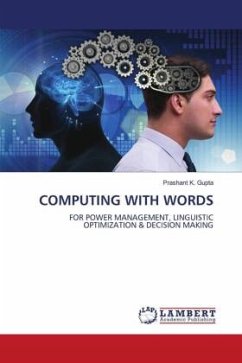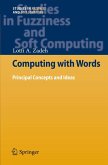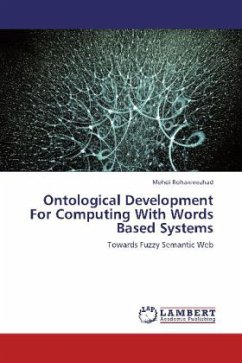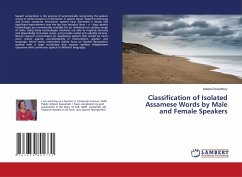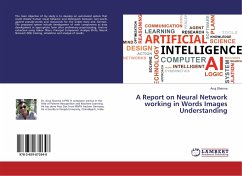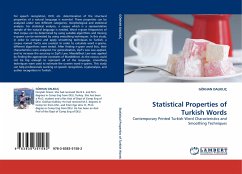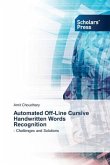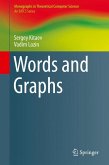Human beings perceive subjectively in various real-life situations, express their opinions naturally using words or linguistic information and take decisions for day-to-day tasks. As artificial intelligence (AI) is increasingly pervading our lives, the task of decision making now rests with machines or smart applications. Hence, for such a system to take "humanly" decisions, they should be able to processes this linguistic information in a manner similar to human beings. Computing with Words (CWW) is an effective tool for the same. This book fosters the association between CWW and areas of power management, linguistic optimization and linguistic decision making (LDM). The first area is mainly concerned with enhancing the battery lives of battery-operated devices like laptops, smartphones, etc. by capturing user requirements in natural language. Then the book puts light on modeling various real-life scenarios as constrained linguistic optimization problems (LOPs) and solving them using the prowess of CWW. Finally, the book also puts forward the use of CWW for solving pressing issue in the LDM.
Bitte wählen Sie Ihr Anliegen aus.
Rechnungen
Retourenschein anfordern
Bestellstatus
Storno

